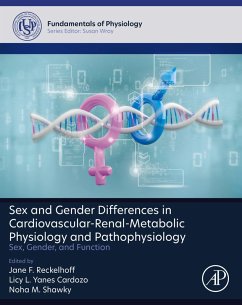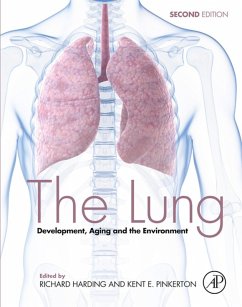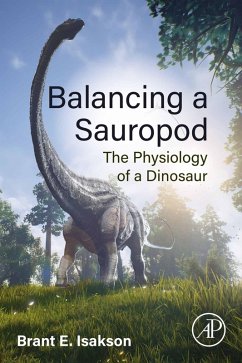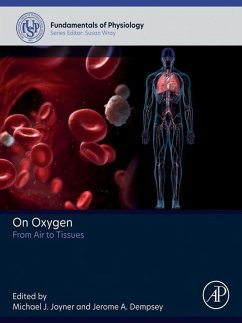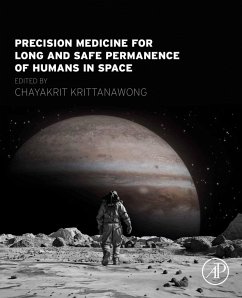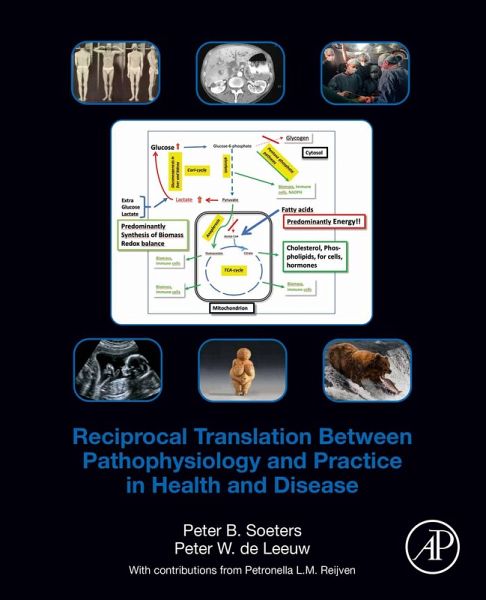
Reciprocal Translation Between Pathophysiology and Practice in Health and Disease (eBook, ePUB)
Versandkostenfrei!
Sofort per Download lieferbar
95,95 €
inkl. MwSt.
Weitere Ausgaben:

PAYBACK Punkte
48 °P sammeln!
Reciprocal Translation Between Pathophysiology and Practice in Health and Disease brings a novel perspective, closing the knowledge gap between normal/abnormal physiology. Chapters describe the basic mechanisms underlying a disease or trauma-related response, describe consequences in practice, and provide insights on how to use information to better understand disease outcomes. Other sections explore how these responses are beneficial and driven by similar hormones and inflammatory immune cell derived modulators. This is a must-have resource for those seeking an authoritative and comprehensive...
Reciprocal Translation Between Pathophysiology and Practice in Health and Disease brings a novel perspective, closing the knowledge gap between normal/abnormal physiology. Chapters describe the basic mechanisms underlying a disease or trauma-related response, describe consequences in practice, and provide insights on how to use information to better understand disease outcomes. Other sections explore how these responses are beneficial and driven by similar hormones and inflammatory immune cell derived modulators. This is a must-have resource for those seeking an authoritative and comprehensive understanding on how to treat the basic mechanisms underlying disease or trauma-related responses.With contributions from Petronella L.M. Reijven. - Provides an overview of fundamental/foundational content and then goes on to translate the information to more clinically-oriented perspectives - Highlights the benefit of normal pathophysiological response to stress and the misunderstandings surrounding the treatment of this response - Explains how treatment should be adapted to support the inflammatory response and how to treat its inflammatory cause - Includes case studies and slides
Dieser Download kann aus rechtlichen Gründen nur mit Rechnungsadresse in A, B, BG, CY, CZ, D, DK, EW, E, FIN, F, GR, HR, H, IRL, I, LT, L, LR, M, NL, PL, P, R, S, SLO, SK ausgeliefert werden.




